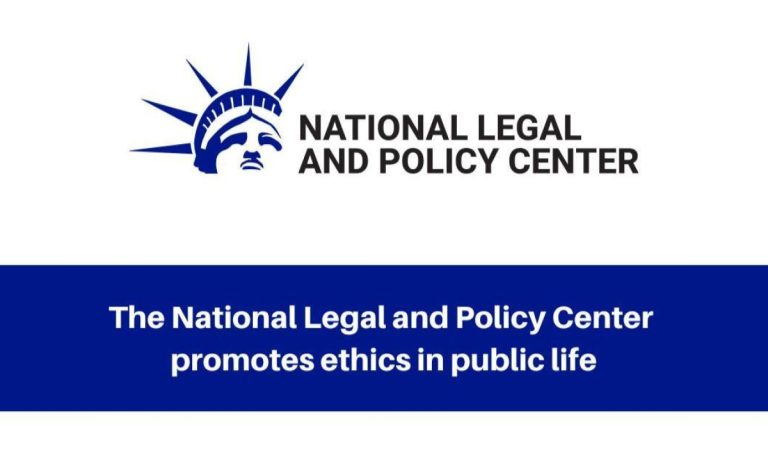
A Toronto man says he was left financially and emotionally drained after being held liable for more than $20,000 in fraudulent credit card charges — even though he reported the suspicious activity as soon as he spotted it.
Jordan Judge discovered the unauthorized charges in 2023 on a card issued by one of Canada’s largest banks. He promptly contacted the institution’s fraud department and filed a report. Despite his efforts, the bank’s investigation concluded the transactions were legitimate, and he was told he would have to pay the full balance.
"I reported the fraud as soon as I noticed it, but they still held me responsible," Judge told CBC’s Go Public. "I thought I was doing everything right — and I was still left with a $20,000 problem."
Unable to resolve the issue through the bank’s internal review process, he said he ultimately had to take out a personal loan to repay the debt.
Bank promises review, but protections vary
The card in question was issued by Scotiabank. In a statement to CBC, the bank confirmed it had reviewed the matter according to its procedures but said it was also "reviewing this matter further to ensure our clients are fully supported."
Scotiabank added that it is “committed to continuous improvement in how we detect and respond to potential fraud.”
Under the bank’s cardholder agreement, customers must report unauthorized transactions promptly, often within 30 to 60 days, to be eligible for reimbursement. But this timeframe can be challenging for customers who may not notice suspicious activity immediately, especially in cases involving sophisticated fraud schemes.
Credit card fraud is rising across Canada
Financial fraud is increasingly common in Canada. According to the Canadian Anti-Fraud Centre (CAFC), total reported losses surpassed $567 million in 2023, up from $530 million in 2022, a record high. Credit card fraud made up a significant portion of those losses.
The CAFC has identified identity theft, phishing scams, and account takeovers as some of the most prevalent fraud types targeting Canadians. In its 2023 annual report, the agency cautioned that fraud remains significantly underreported, meaning the true scale of financial harm is likely much greater.
In public advisories, the CAFC has urged Canadians to remain alert, take proactive steps to secure their personal information and report suspicious activity immediately. The agency emphasizes that fraud tactics are becoming more sophisticated and harder to detect, especially with the use of digital tools and social engineering techniques.
How to protect yourself from credit card fraud
There are practical steps Canadians can take to reduce their risk of becoming a victim of credit card fraud:
- Enable real-time alerts for every credit card transaction
- Check statements monthly, even for rarely used cards
- Use complex, unique passwords for banking and email accounts
- Activate multi-factor authentication wherever possible
- Lock or freeze cards immediately if anything looks suspicious
Several Canadian banks also offer mobile tools that allow customers to temporarily disable their cards, receive fraud warnings, and monitor spending patterns.
The Financial Consumer Agency of Canada (FCAC) recommends that consumers store physical cards securely, avoid using public Wi-Fi for banking and be cautious of unsolicited texts or emails requesting personal information.
What to do if you’re affected
If you suspect fraud, report it immediately to your bank and to the Canadian Anti-Fraud Centre. Keep records of all communications and documents.
If your dispute with a financial institution remains unresolved, you can escalate it to the ombudsman for your bank or to the Ombudsman for Banking Services and Investments (OBSI), which offers an independent, impartial review process for consumer complaints.
The Financial Consumer Agency of Canada also accepts complaints related to federally regulated financial institutions and provides detailed guidance on the dispute process.
A cautionary tale and call for transparency
While this Toronto case is unique in its details, consumer protection advocates say it highlights the importance of clear communication between banks and customers, and the need for consistent, transparent fraud policies across the financial sector.
In March 2023, the federal government announced plans to enhance the powers of the FCAC and create a single external complaints body for banks — a move praised by consumer groups for increasing accountability and fairness.
Sources
1. CBC News: Scotiabank holds customer responsible for almost $20K in credit card fraud (June 2, 2025)
2. Government of Canada: Canadian Anti-Fraud Centre’s Annual Reports
3. Government of Canada: Canadian Anti-Fraud Centre
4. Ombudsman for Banking Services and Investments (OBSI)
This article provides information only and should not be construed as advice. It is provided without warranty of any kind.


